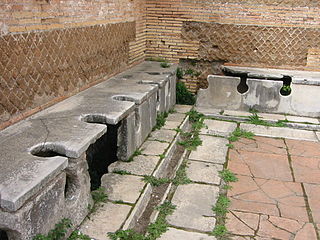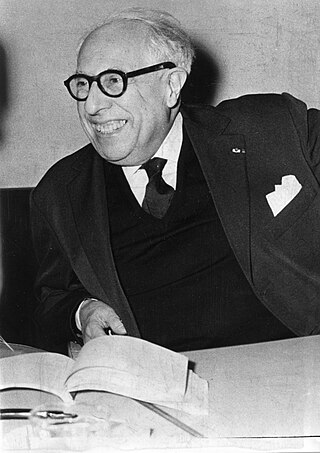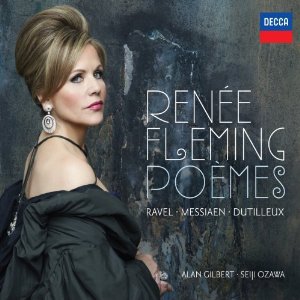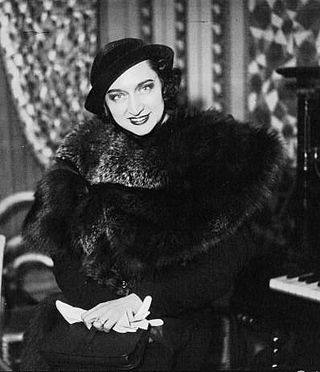Related Research Articles

Gilles Vigneault is a Canadian poet, publisher, singer-songwriter, and Quebec nationalist and sovereigntist. Two of his songs are considered by many to be Quebec's unofficial anthems: "Mon pays" and "Gens du pays", and his line Mon pays ce n'est pas un pays, c'est l'hiver became a proverb in Quebec. Vigneault is a Grand Officer of the National Order of Quebec, Knight of the Legion of Honour, and Officer of the Ordre des Arts et des Lettres.

Count Jean Bruno Wladimir François-de-Paule Lefèvre d'Ormesson was a French writer and novelist. He authored forty books, was the director of Le Figaro from 1974 to 1977, as well as the dean of the Académie Française, to which he was elected in 1973, until his death, in addition to his service as president of the International Council for Philosophy and Humanistic Studies within UNESCO (1992–1997).

Henri Paul Julien Dutilleux was a French composer of late 20th-century classical music. Among the leading French composers of his time, his work was rooted in the Impressionistic style of Debussy and Ravel, but in an idiosyncratic, individual style. Among his best known works are his early Flute Sonatine and Piano Sonata; concertos for cello, Tout un monde lointain... and violin, L'arbre des songes ; a string quartet known as Ainsi la nuit ; and two symphonies: No. 1 (1951) and No. 2 Le Double (1959).
French personal pronouns reflect the person and number of their referent, and in the case of the third person, its gender as well. They also reflect the role they play in their clause: subject, direct object, indirect object, or other.

Crepitus is an alleged Roman god of flatulence actually created by Christians and used in their literature frequently as a fascinating subject to them. It is unlikely that Crepitus was ever actually worshipped. The only ancient source for the claim that such a god was ever worshipped comes from Christian satire. The name Crepitus standing alone would be an inadequate and unlikely name for such a god in Latin. The god appears, however, in a number of important works of French literature.
In French, pronouns are inflected to indicate their role in the sentence, as well as to reflect the person, gender, and number of their referents.
Robert Goldman is a French songwriter. He was born in Paris, the son of Alter Mojze Goldman and Ruth Ambrunn who were Jewish Resistance fighters during the Second World War. He is the younger brother of Jean-Jacques Goldman and half-brother of Pierre Goldman.

Lucienne Delyle was a French singer.
Sagesse is a volume of French poetry by Paul Verlaine. First published in 1881, it was important in the symbolist and modernist movements. The subject matter of these poems deals with themes relating to maturing.

Jean Cassou was a French writer, art critic, poet, member of the French Resistance during World War II and the first Director of the Musée national d'Art moderne in Paris.

Jean-Marie Mellon Roger, better known as le général Valhubert, was born on 22 October 1764 in Avranches, Normandy, and died on 3 December 1805 in Brünn. He was a French General during the French Revolution.

Poèmes is a 2012 album of French songs sung by operatic soprano Renée Fleming. Ravel's Shéhérazade (1903) and Messiaen's Poèmes pour Mi (1936) are followed by two sets of songs by Henri Dutilleux. He transcribed Deux sonnets de Jean Cassou for Fleming and composed Le temps l'horloge specifically for Fleming. The album won the 2013 Grammy Award for Best Classical Solo Vocal Album.
Hollywood Girls : Une nouvelle vie en Californie, or simply Hollywood Girls, is a French soap opera created by Alexandre dos Santos, Jérémy Michalak, and Thibaut Vales for NRJ12. The series features an ensemble cast and follows a groups of French peoples who decided to start a new life in California, but their life is quickly disrupted by the diabolical Geny G and her husband, the Dr. David Moretti.
Henri Betti, born Ange Betti, was a French composer and a pianist.

Laurent Baffie is a French author, short film director and humorist.

Correspondances is a song-cycle for soprano and orchestra written by the French composer Henri Dutilleux in 2002–2003.

Les Feuilles d'Automne is a collection of poems written by Victor Hugo, and published in 1831. It contains a multitude of poems, six of which are especially known as Soleils Couchants.

Lys Gauty was a French cabaret singer and actress. Her most significant work came in the 1930s and 1940s as Gauty appeared in film, and recorded her best-known song, "Le Chaland qui passe", which is an interpretation of an Italian composition.
Dalila Ennadre was a Moroccan film director.
References
- ↑ " Deux sonnets de Jean Cassou (1954)" (work details) (in French and English). IRCAM.
- 1 2 3 Arkivmusic.com review [ permanent dead link ]
- 1 2 3 "Trois belles minutes de musique de Dutilleux, perdues et retrouvées" by Par Pierre Gervasoni, Le Monde , 26 May 2011 (in French)
- 1 2 "Liner notes", CD Poèmes , Decca (2012)
- 1 2 3 Review : A Celebration of Henri Dutilleux Archived 2015-04-08 at the Wayback Machine , 29 April 2005, Purcell Room, London (Janet Notenoquah).[ dead link ]
- ↑ "Sonnet 8", French text and English translation, Timothy Adès
- ↑ "Sonnet 4", French text and English translation, Timothy Adès
- ↑ "Entretien de Bruno Serrou avec Henri Dutilleux", interview of Henri Dutilleux by Bruno Serrou, December 1995.
- ↑ "Chandos CD liner notes" (PDF). Archived from the original (PDF) on 2015-09-12. Retrieved 2015-05-23.
- ↑ Pascal Gallois. "Concert programme, 2011". Archived from the original on 2015-11-17.